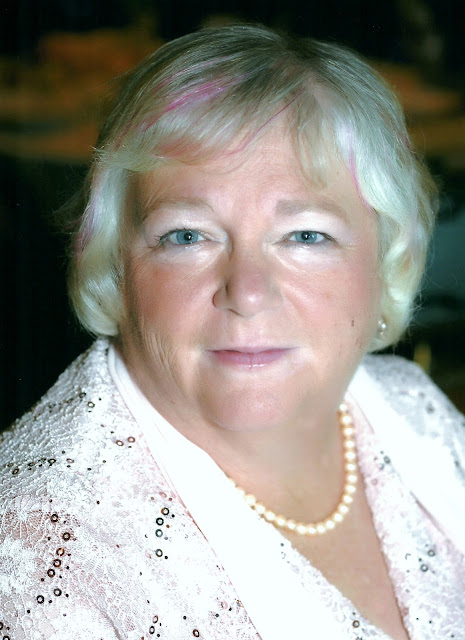Saturday, April 1, 2017
So Much Research So Few Words by Nancy M Bell
Research, Research, Research. Where to stop and how much to use.
When I was writing His Brother's Bride I ran into road blocks many times regarding historical facts. My heroine travels by train from Eganville Ontario to Sprucedale, Ontario. Seems simple, yes? Actually, no. Some of the lines that were in existence in 1917-1918 are no longer in use. Schedules have changed, routes have altered. So off I went delving deeply into railroad history and tracing routes on maps and Google Earth. It took an immense amount of time but out of all the information gleaned, I only needed to use very little. Such are the joys of writing accurate historical fiction.
The story line roughly follows my grandparents' story, so next I scoured all the family documents I could lay my hands on. I have the actual letter my grandfather received from his brother's captain informing him of his brother's death. Emails to the Library and Archives of Canada resulted in pages of war records for both my grandfather and great uncle. Interesting reading to be sure, but again only a small part of the information was pertinent to the story. The danger of research is, well let's face it, it's addictive. One lead takes you to another and before you know it the whole day is gone and you've not written a single word of your manuscript and have accumulated literally masses of information, most of which while intriguing is of little or no use to the project at hand.
I have a few decades worth of my great grandfather's journals. Day by day accounts of early pioneer life, made all the more interesting because it speaks of my ancestors and mirrors the many stories my grandmother and grandfather used to tell us. I have the journal where my great grandfather writes that my grandmother was born. Also the one where my grandfather comes on the train to meet my grandmother after the war. I wasted a lot of time reading journals, but again used only bits and pieces of the information.
Which brings us to the meat of the problem. Now that you've accumulated all this data, the inclination is to try and fit it all in, use every scrap that you've gleaned. Which, unless you're writing non-fiction or a university paper, is the kiss of death to your reader. Extreme will power must be exerted to rein in that tendency to stuff all the info in.
I'm hoping I have been successful in that endeavour.
The sources of research information are vast and varied. Talking to people who were alive in that era or who remember family members' stories are great. Also, out of print books on the time period or subject, though hard to find at times are invaluable for getting a feel of the cadences of speech spoken in the chosen era you are writing about. Abe's Books on line is another good source, as is ExLibris. Contacting associations connected to your topic can be immensely helpful. Networking with other authors in your genre is also a good resource.
In short, be wary of getting lost in your research, sift through your amassed information and like spices in a stew, use sparingly and where it is most appealing. Check your sources for authenticity, be sure the information you are gathering is accurate and correct. Don't rely on only one source or a small selection of sources. More is better, so you can pare it down to what is truly essential to your story.
Happy researching! Until next month, stay well, be happy.
Subscribe to:
Post Comments (Atom)



I know Nancy is a fantastic researcher. I can't wait to read her book.
ReplyDeleteI loved the fact that it's based on a real story and am envious of those journals.
ReplyDelete